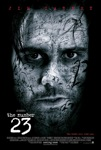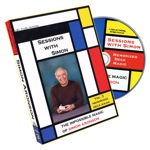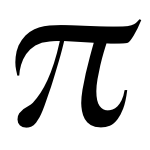 The Number 23 is currently in theaters, and as a result, has everyone wondering about the mysterious properties of the number 23.
The Number 23 is currently in theaters, and as a result, has everyone wondering about the mysterious properties of the number 23.
Yes, there are many unique things about the number 23, but it is far from the only number with such interesting properties. As the Numbers Guy (Carl Bialik) shows, you can find just about as many interesting properties for the number 24, as well.
Are you still not convinced the number 23 is nothing special? Check out What's Special About This Number? and Number Gossip Search/Browse. It's not just whole numbers that have fantastic properties, either, as a trip to Notable Properties of Specific Numbers will prove.
Of course, these sites list numbers with many properties that are interesting mainly to mathematicians. What numbers are interesting to everyday people? You find out at The Secret Lives of Numbers (Java required). This site is the result of a unique project to find the search engine popularity of every number from 1 to 1,000,000. This project ran from December 1997 through January 2002, and provides an interesting view of our world of numbers. For example, you can't find any search engine terms containing 1039, and barely any searches. However, 1040, thanks to being the most prominent US tax form number, returns more terms and far more searches.
Next time, we'll focus on 300 (just kidding).



 I have good news for the fans of the
I have good news for the fans of the 
 It feels like a lazy weekend, so today, we'll just relax with some pleasant mental diversions.
It feels like a lazy weekend, so today, we'll just relax with some pleasant mental diversions. It's
It's 


